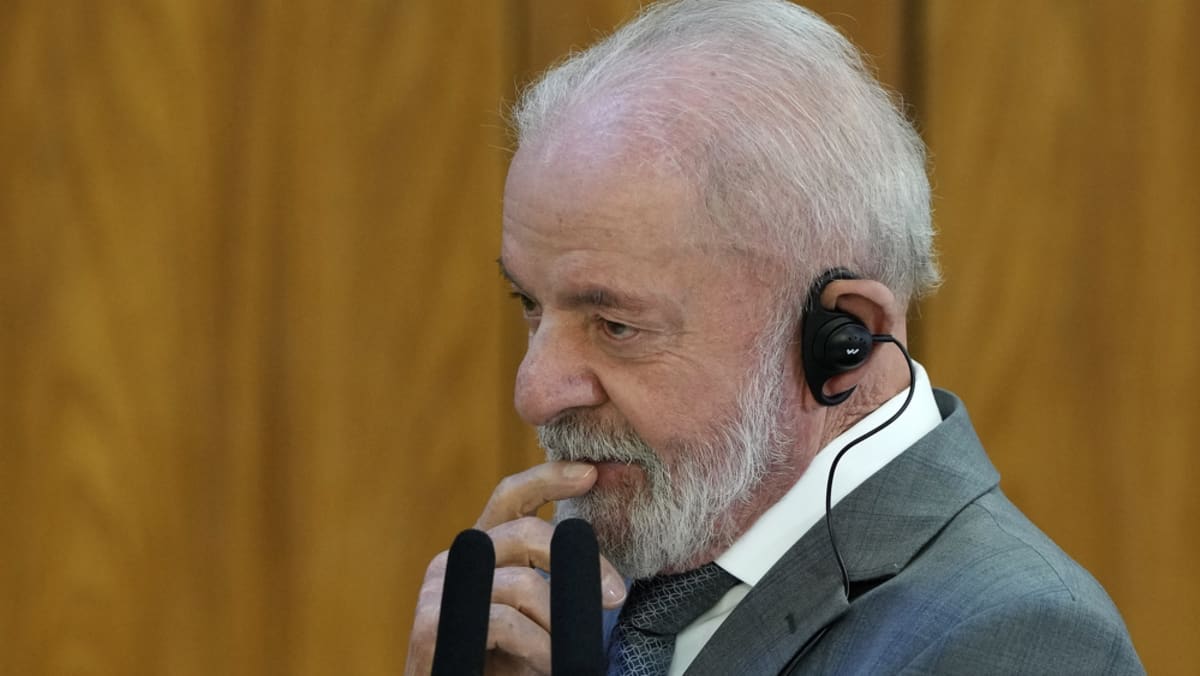WASHINGTON/BRASILIA/SAO PAULO: Brazil’s government on Friday (July 11) downplayed the impact of the 50% tariff US President Donald Trump threatened to impose on imports from that country, as leaders from both nations expressed a cautious willingness to negotiate in the future.
Trump told reporters he might speak later to Brazil’s President Luiz Inacio Lula da Silva, who earlier said he would seek a diplomatic solution but reciprocate like-for-like if the tariffs take effect on August 1 as promised.
“Maybe at some point I’ll talk to him. Right now I’m not,” Trump said as he left the White House to visit flood-ravaged Texas, again criticising Brazil’s legal proceedings against former right-wing President Jair Bolsonaro.
Trump’s remarks came as Lula told Record TV in an interview aired late on Thursday that “we’ll first try to negotiate, but if there’s no negotiation, the law of reciprocity will be put into practice.”
Brazil’s government projected the tariffs will have little impact on its economic growth this year, which it expects to reach 2.5%, as only some specific manufacturing sectors would be hard hit.
A White House official, who requested not to be named, told Reuters on Thursday that, because the new tariffs, including Brazil’s, are an extension of the levies announced in April, energy products like oil and critical minerals would continue to be exempt.
Oil is Brazil’s top export to the United States, and, on Thursday, the Brazilian oil lobby group IBP remained uncertain if the exemption that benefited the commodity would continue. The US embassy in Brazil didn’t immediately reply to a request for comment.
The US is also a large importer of Brazilian steel products, pulp, coffee, orange juice and beef; goods that the government said could find other global buyers.
“Given this scenario, the impact of the tariffs tends to be of little significance on 2025 growth, although some manufacturing sectors may be particularly affected,” Brazil’s Finance Ministry said in a report.
Those include the aerospace industry, with the US accounting for a large chunk of planemaker Embraer’s revenue, and energy-related machinery.
